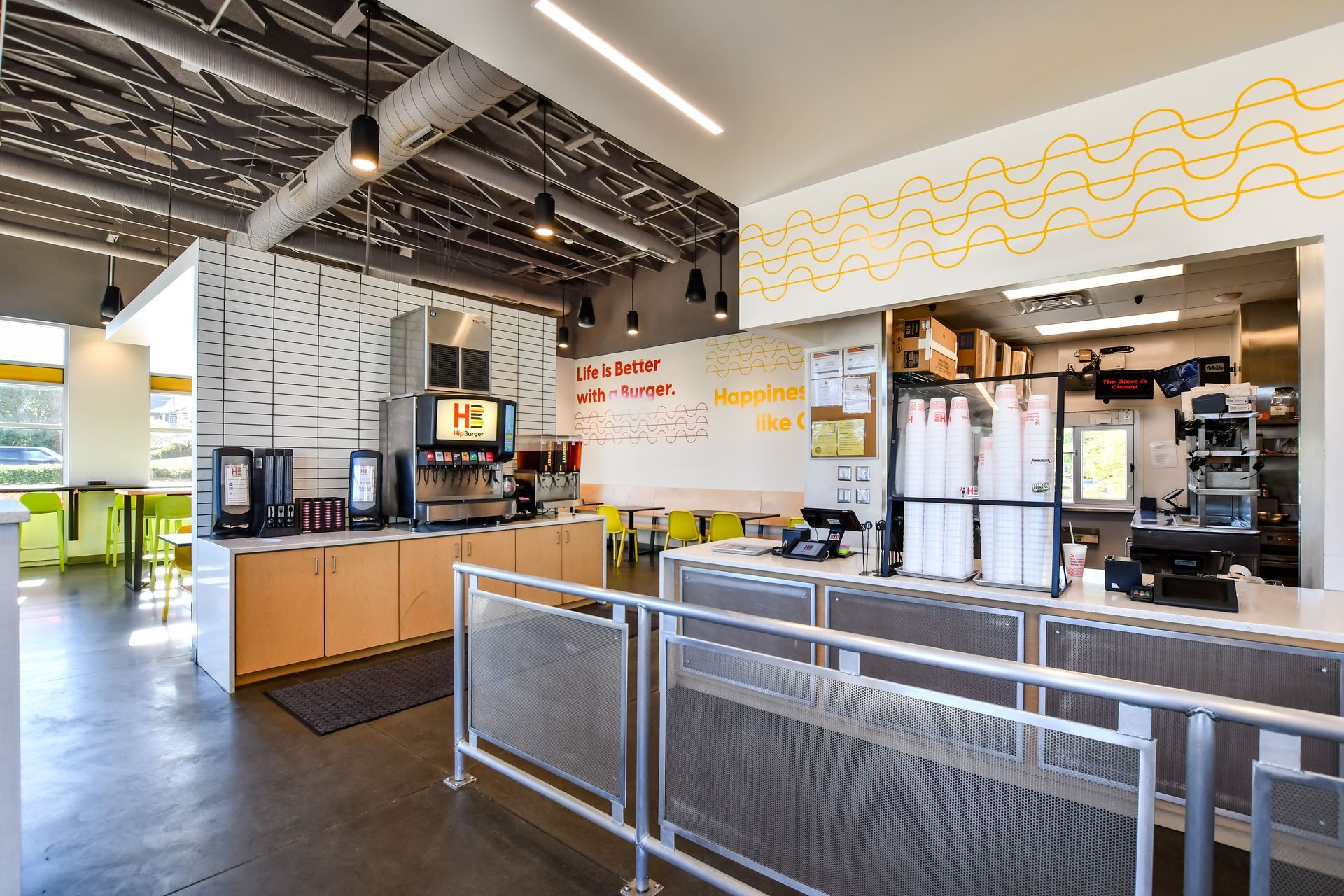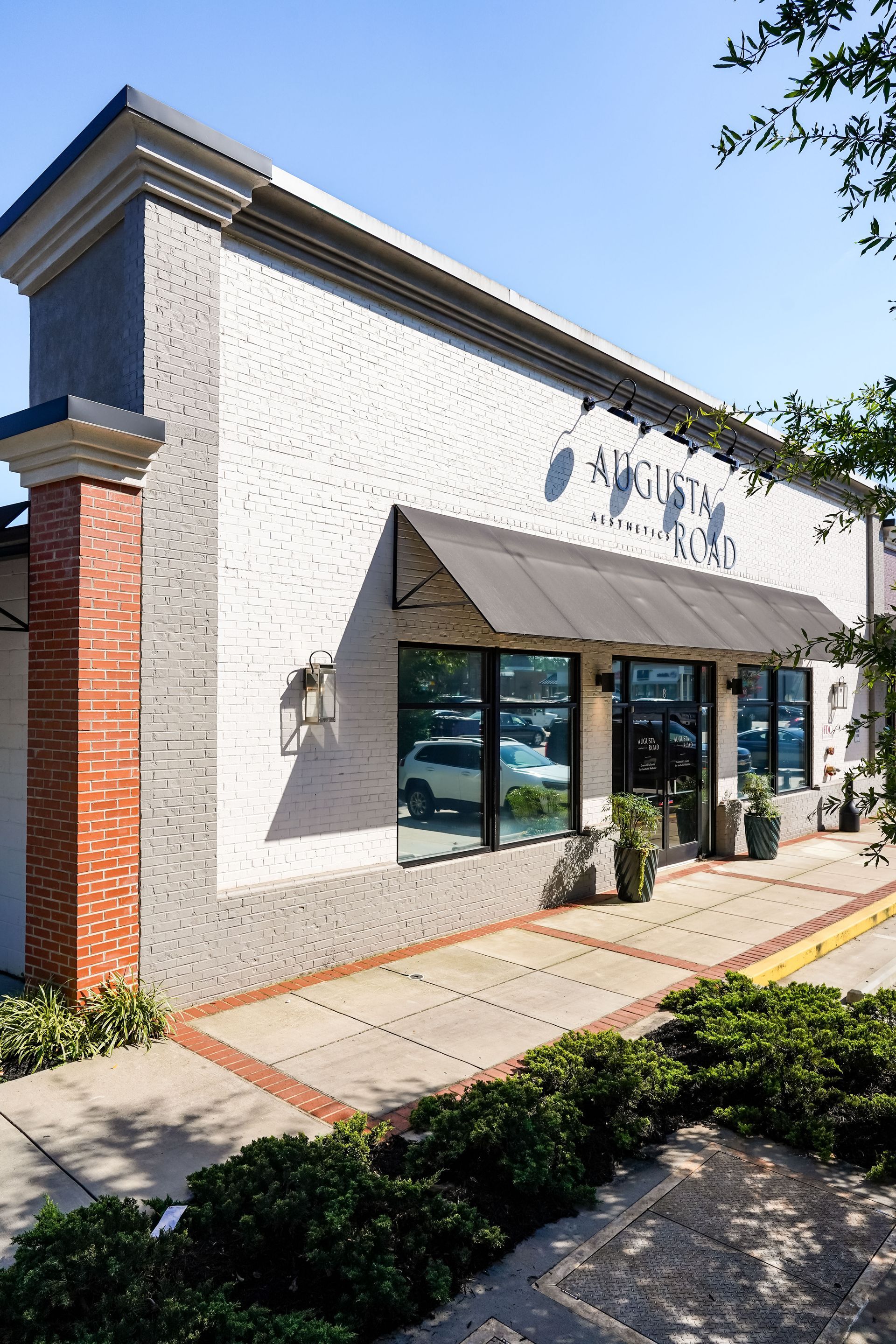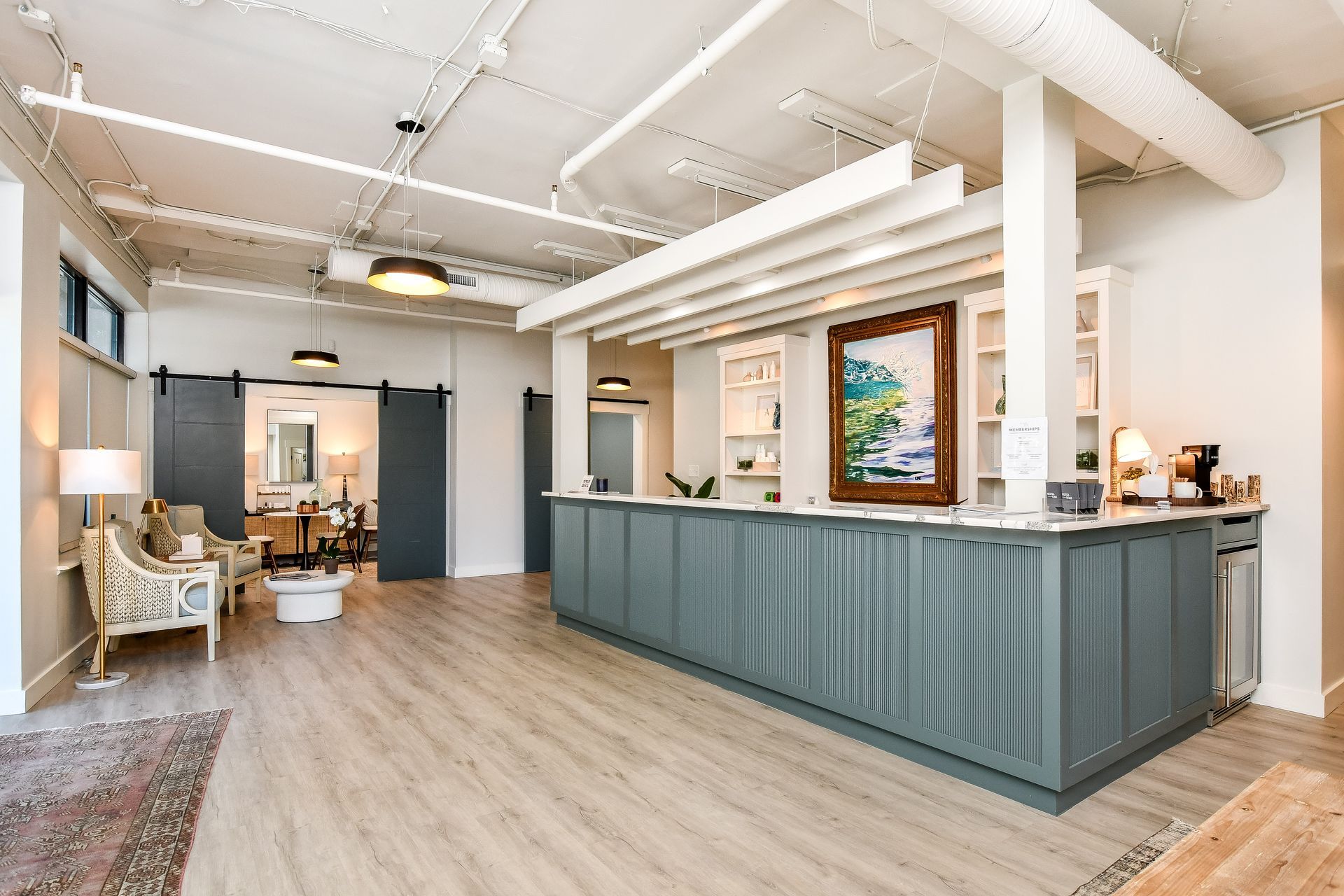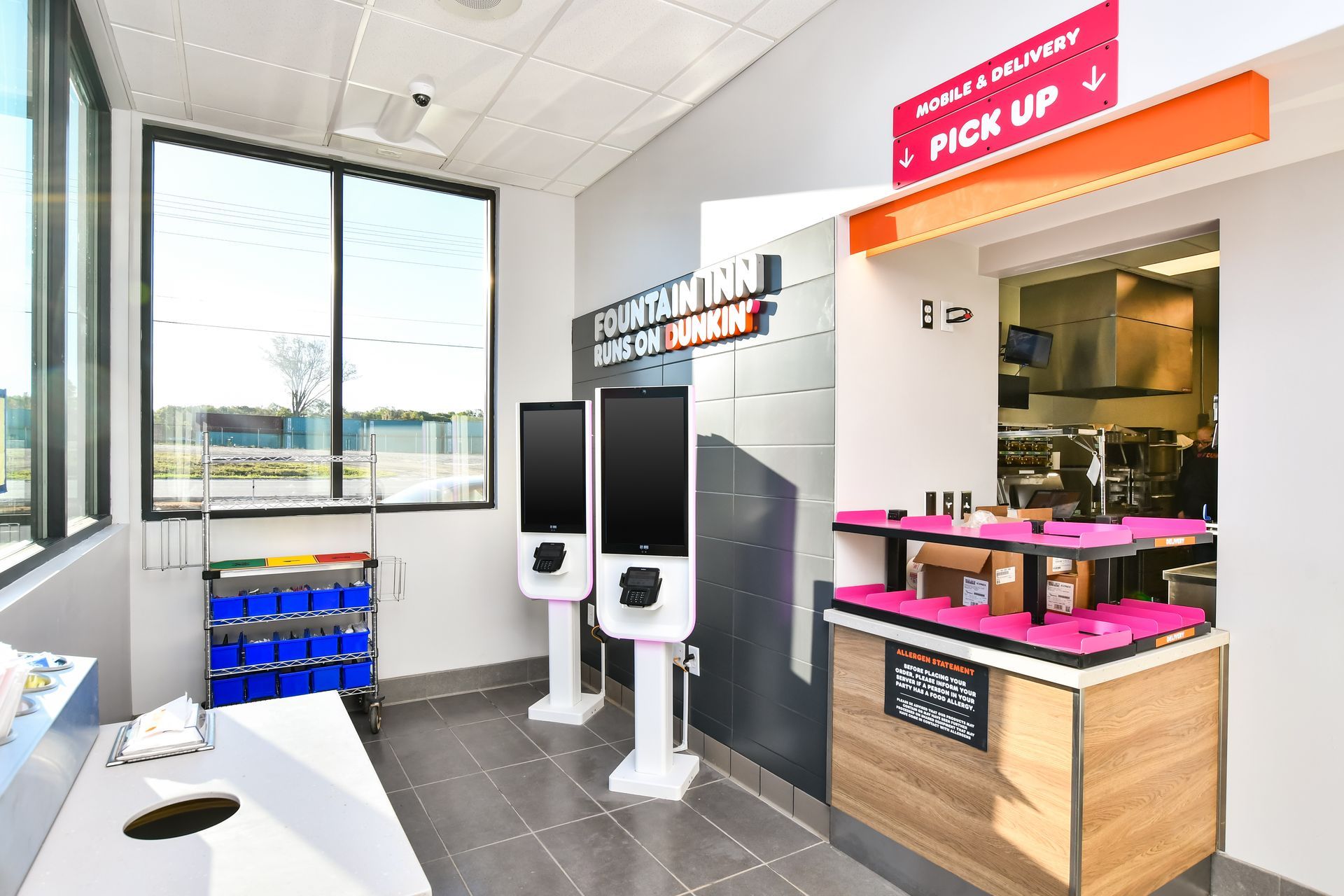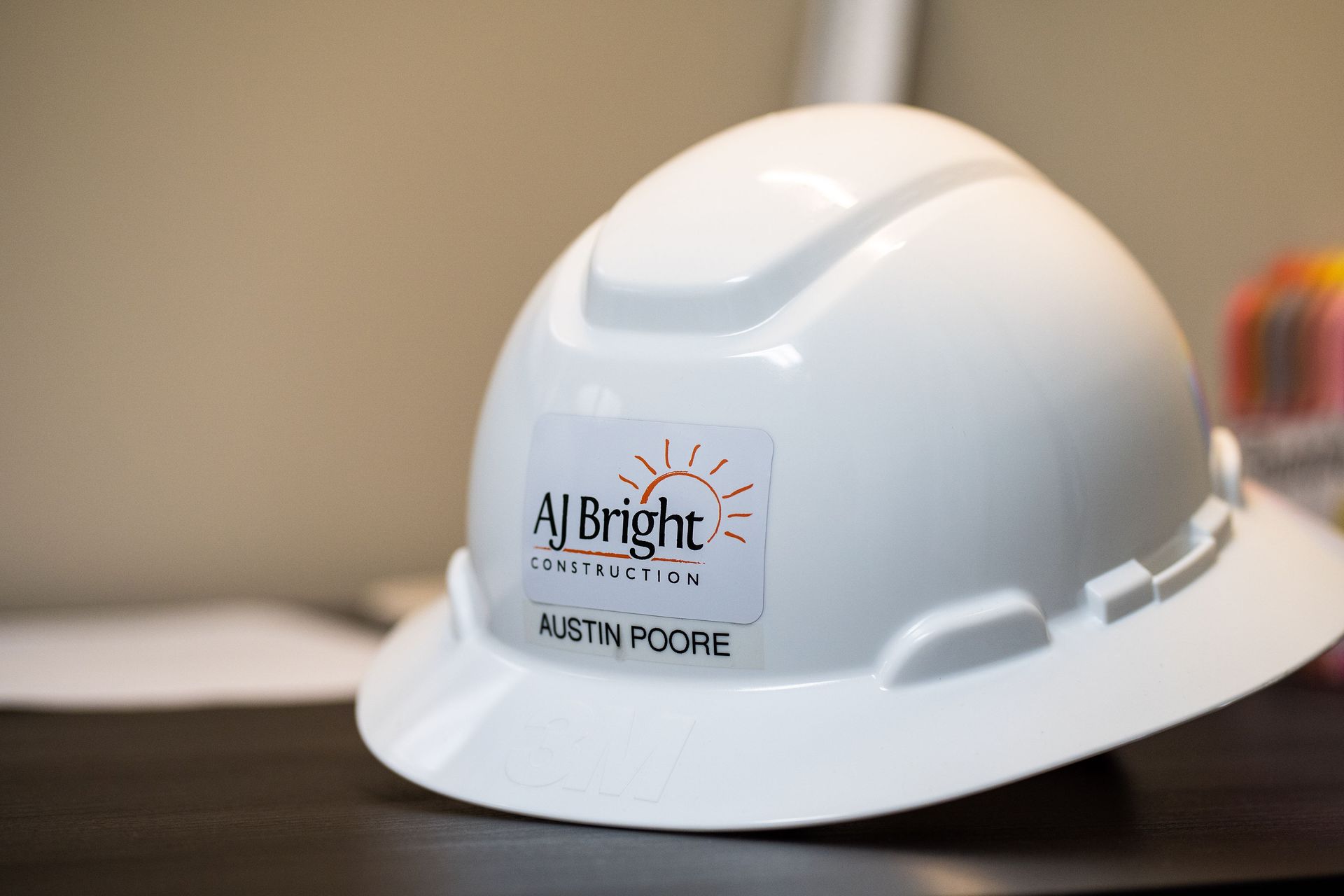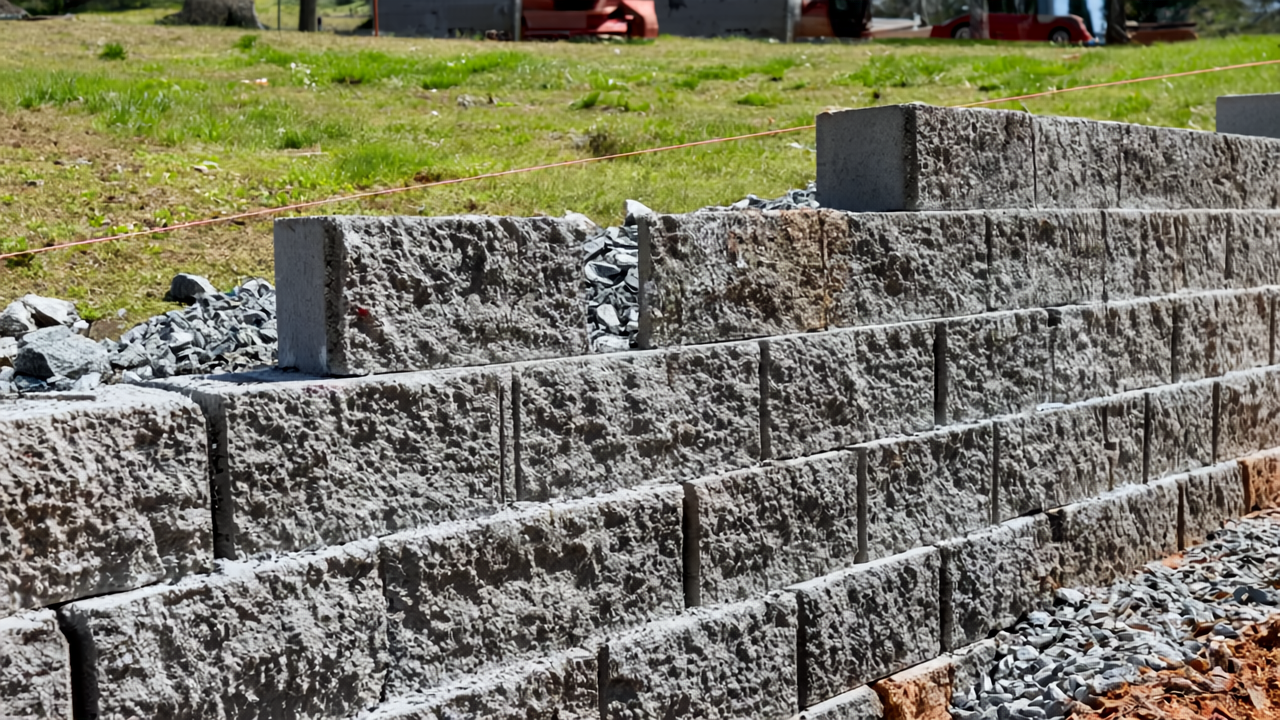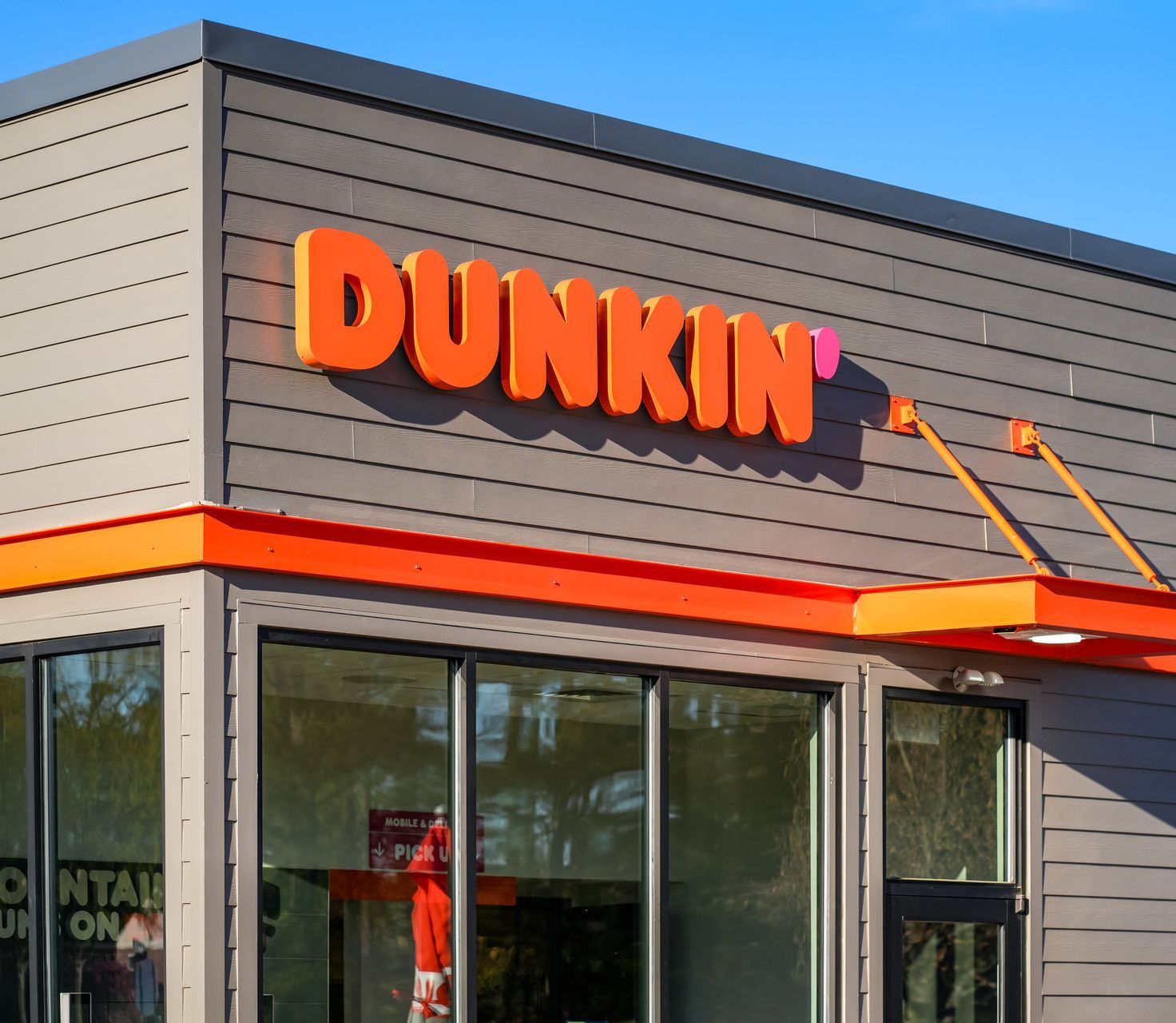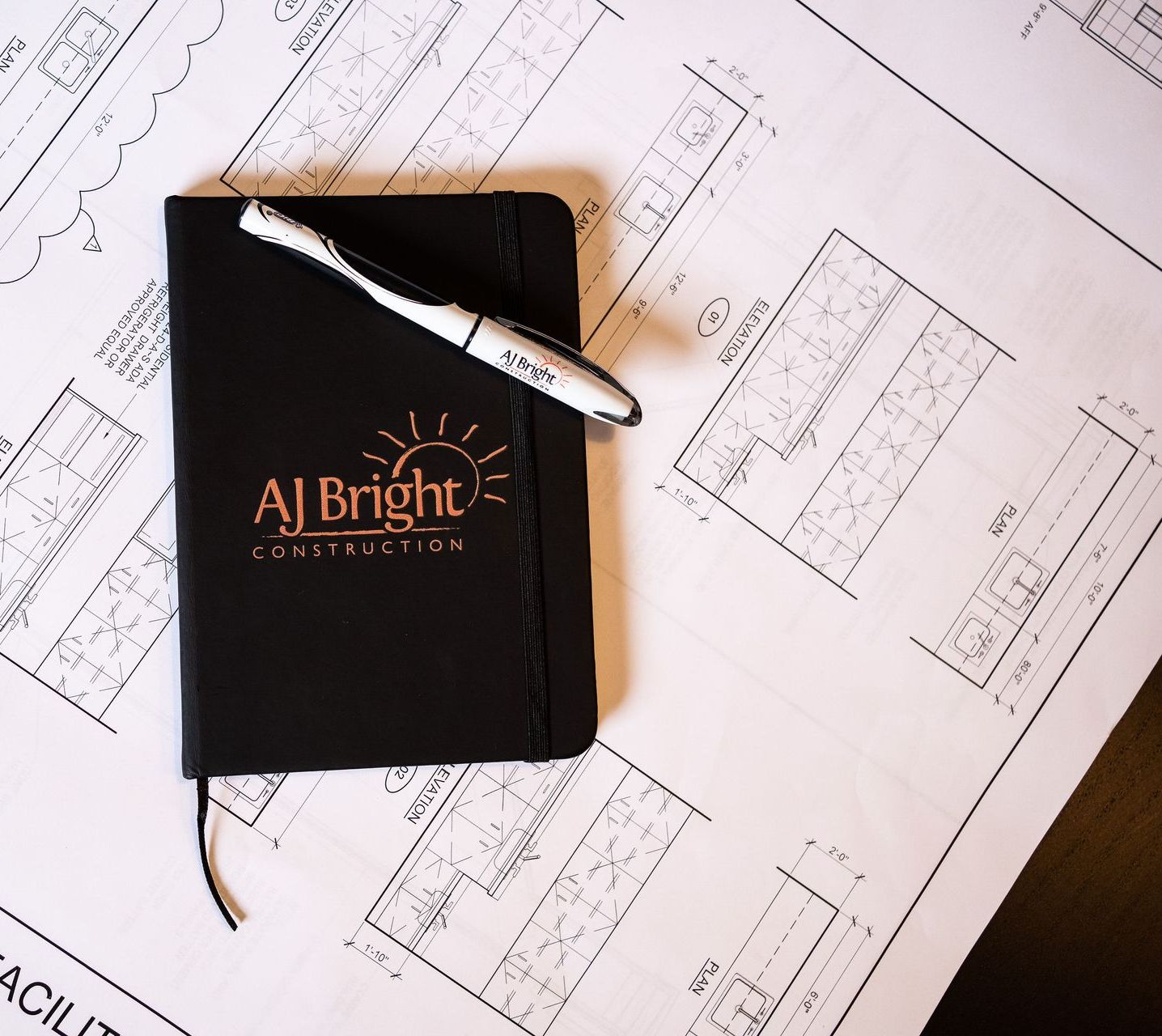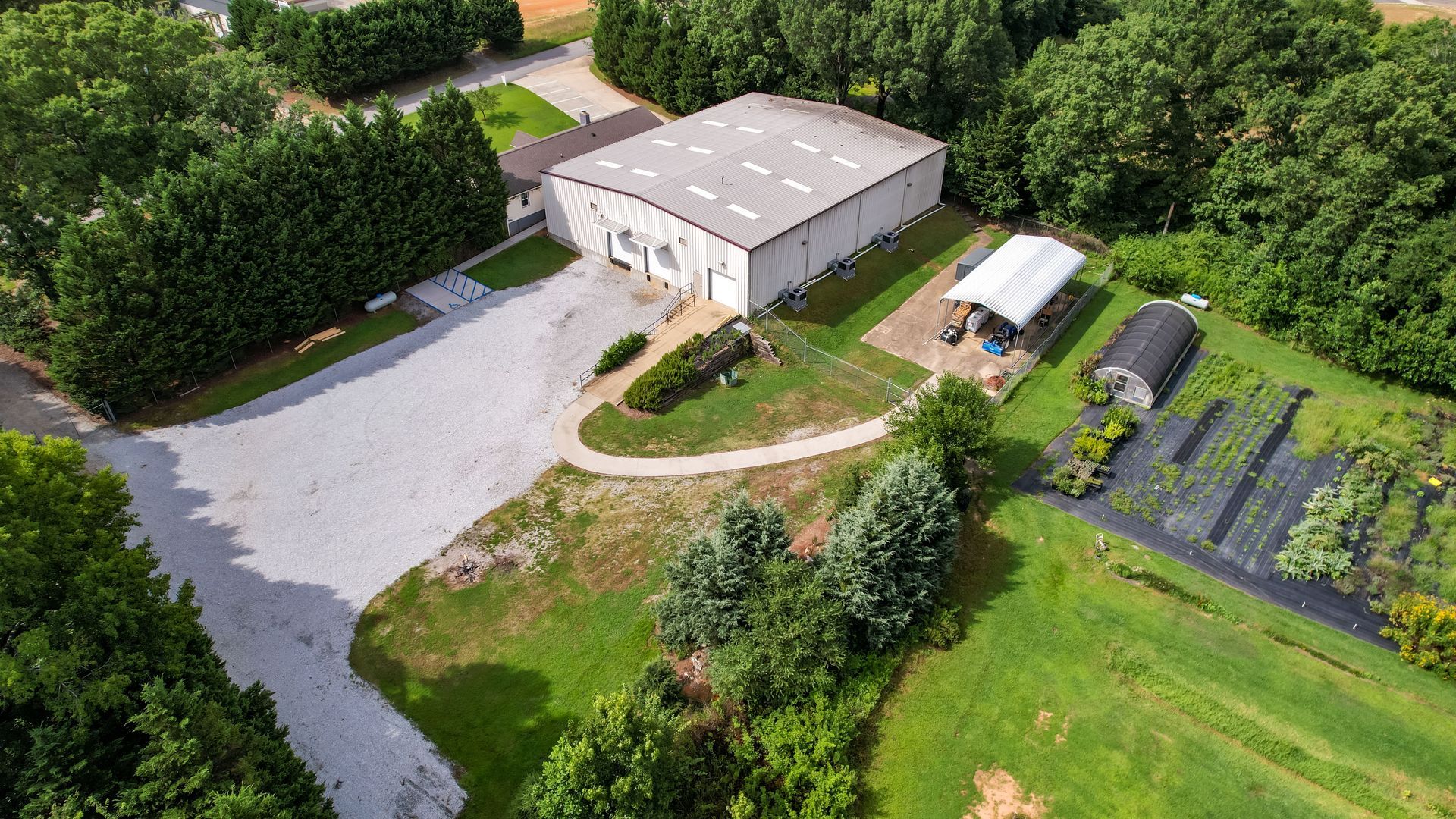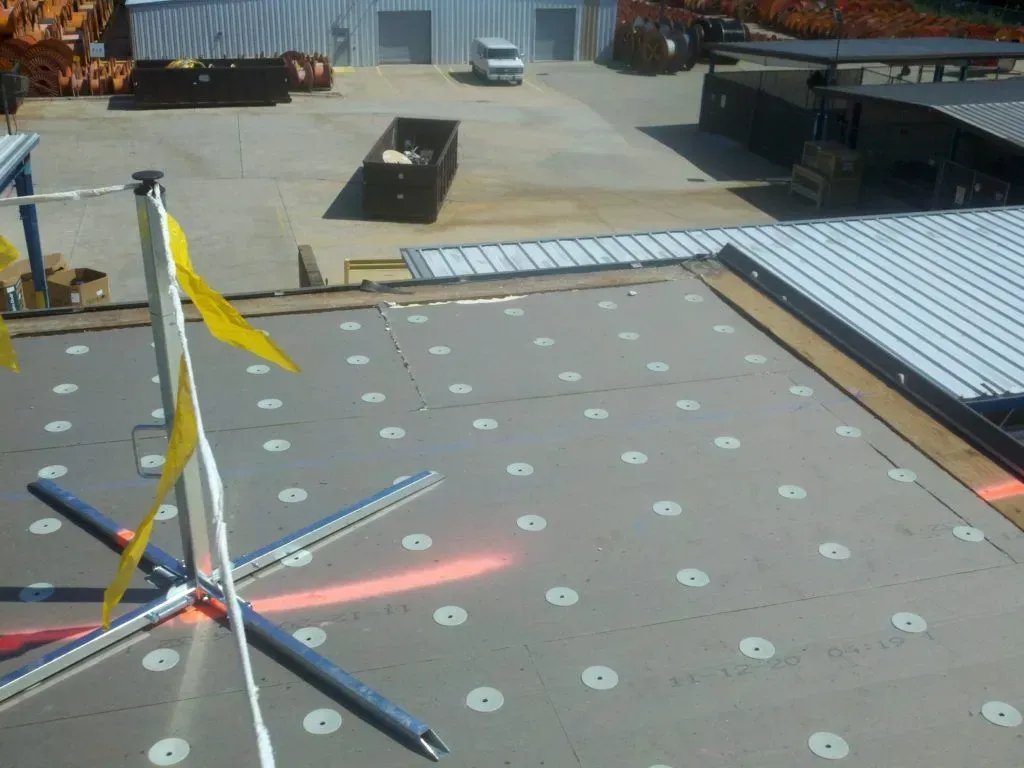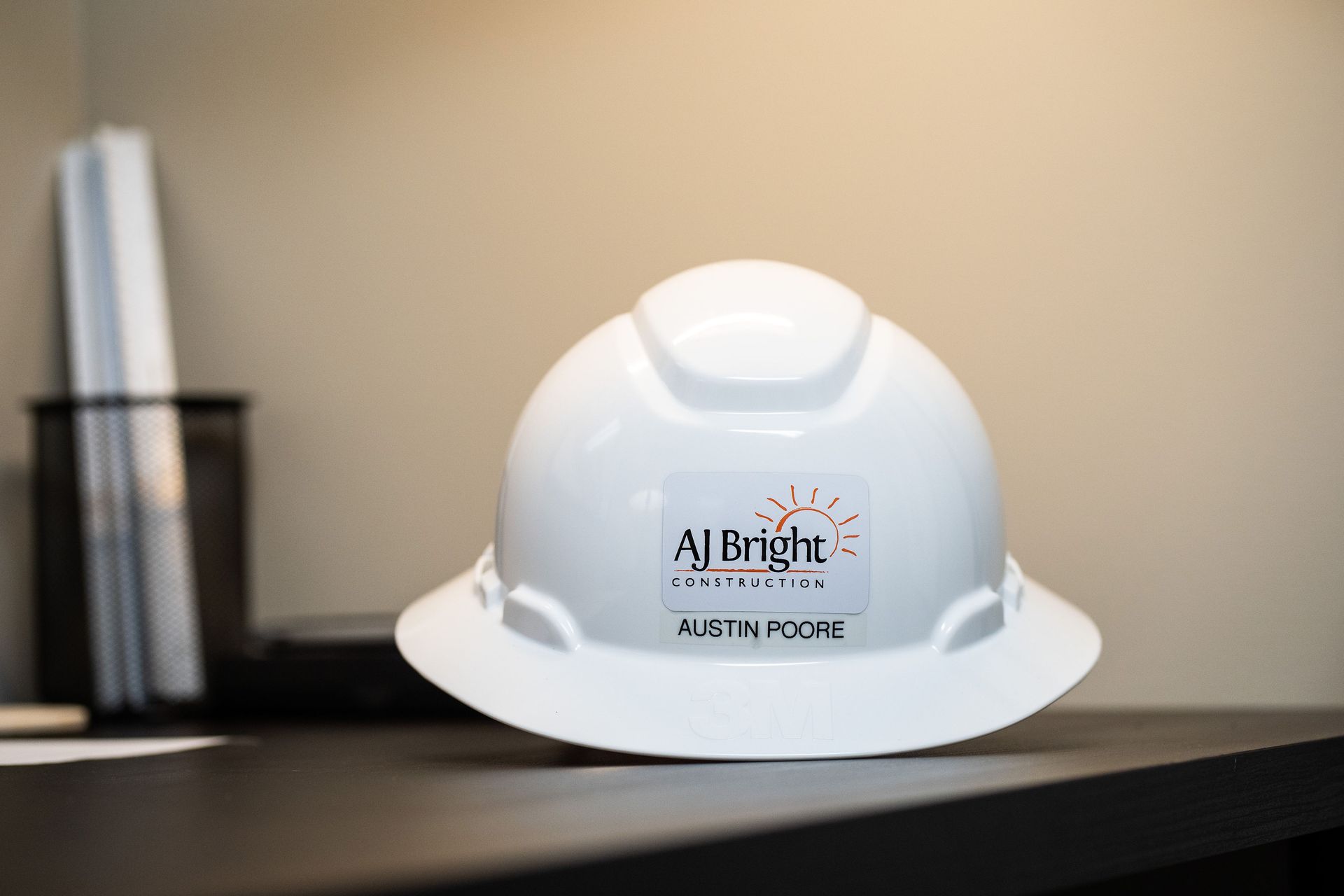Demolition and Inspection Process for Commercial Renovations
Demolition and Inspection Process for Commercial Renovations
Commercial and industrial renovation projects are complicated and time-consuming projects that require a lot of pre-planning and preparation. After winning a bid or being selected to do a large-scale renovation, it’s essential to consider the 3rd parties involved in the project, apply for proper permits, and plan the demolition and inspection. Here’s why commercial renovation projects may take more time…
Pre-Demolition Planning and Preparation
Permits and Regulations: Obtain necessary permits and ensure compliance with local, state, and federal regulations. This may include environmental regulations, safety standards, and zoning laws.
Hazardous Material Inspection: Identify and assess hazardous materials like asbestos, lead, or mold. Proper removal and disposal plans should be established.
Utilities : Coordinate with utility companies to disconnect services such as electricity, gas, water, and phone/internet.
Demolition Planning
Environmental Protection: Plan for dirt control, noise reduction, and waste management to minimize environmental impact and disturbance to businesses surrounding the property.
Site Security: Ensure the site is secured to prevent unauthorized access and protect public safety. This usually requires fencing around the construction site.
Demolition Process
Stripping: Remove non-structural elements such as doors, windows, fixtures, and fittings. Dismantle structural components using appropriate demo methods like deconstruction, heavy equipment and more.
Debris Management: Sort, recycle, and dispose of debris in accordance with environmental regulations.
Post-Demolition Inspection
Site Clearance: Clear the site of all demolition debris, ensuring the area is clean and safe and inspect the remaining structure (if partial demolition) for stability and safety.
Soil Testing: While usually done prior to renovation, we’d conduct soil tests (if required) especially if there are plans for new construction in addition to the current property.
Renovation Planning
Design and Architectural Plans: Develop detailed architectural and design plans for the renovation. Create a comprehensive budget and timeline for the renovation project and hire qualified 3rd parties for additional renovation work.
Permits and Approvals: Obtain any additional permits and approvals required for the renovation phase.
Final Inspection and Project Handover
After approvals to move forward and constant quality control throughout the completion of the project, you would be moved to final inspection.
Final Inspection: Perform a comprehensive inspection upon completion of the renovation to ensure everything meets the specified standards and formally hand over the renovated space to the client, providing all necessary documentation.



